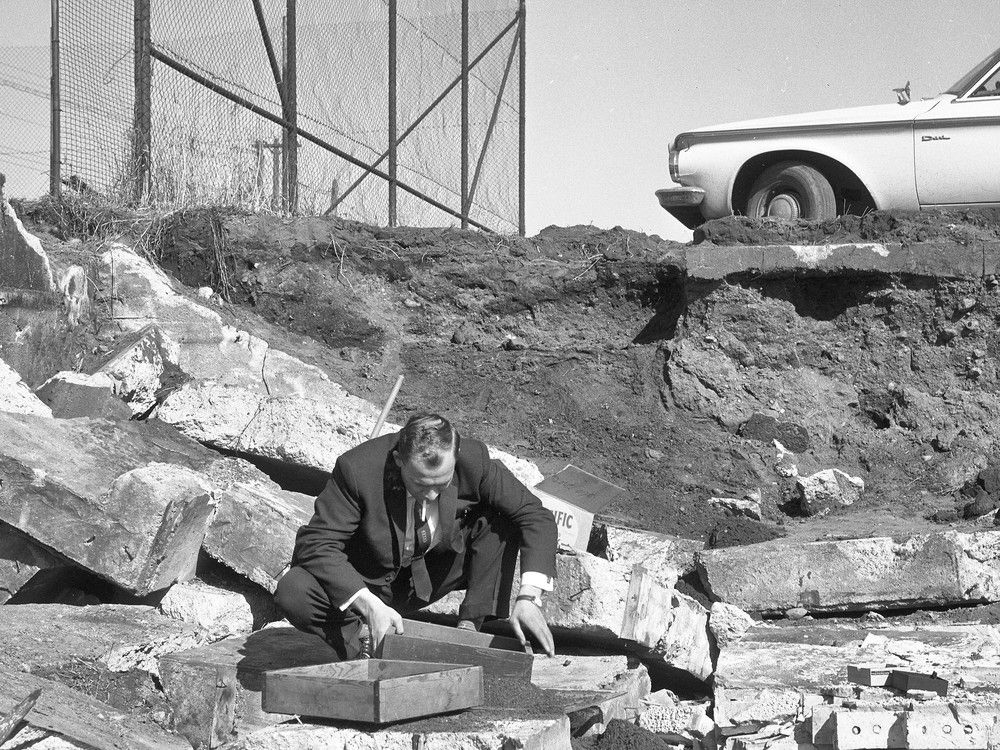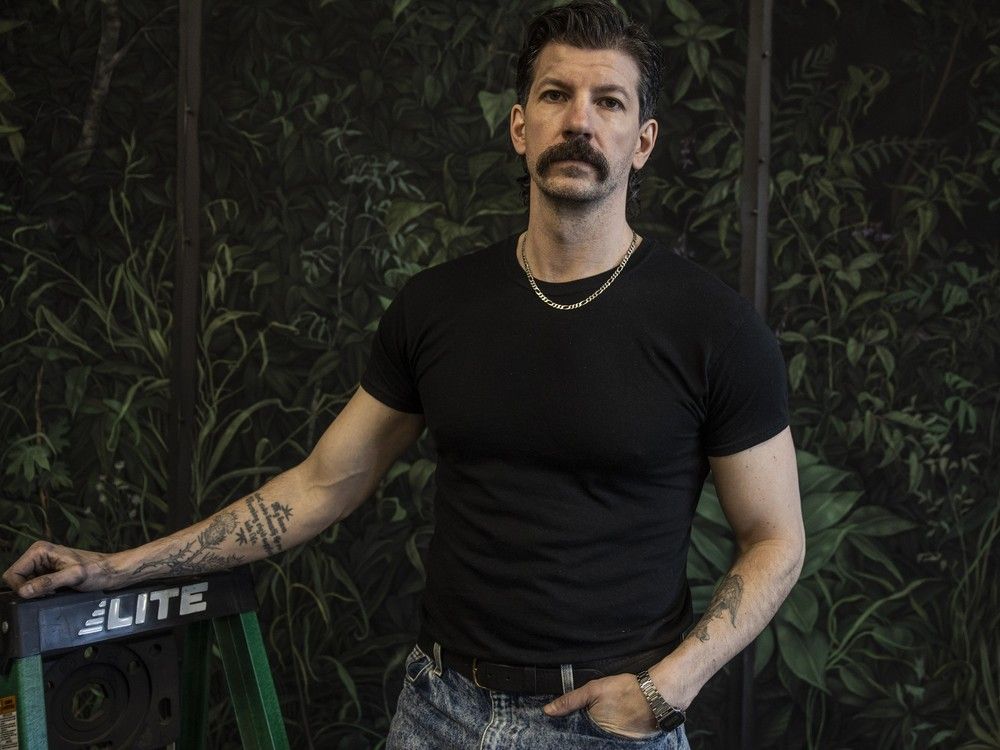
Negotiations are at a standstill, but the president of the General Council of the Judiciary (CGPJ), Isabel Perelló, is making moves to try to unblock the election of Manuel Marchena's replacement as president of the Second Chamber of the Supreme Court. The president of the court on October 1st left office when his term ended last December, and since then the acting president of the Supreme Court's criminal chamber is Andrés Martínez Arrieta, the most senior member, who is retiring in two years. He is the preferred candidate of the conservative bloc, and his rival is Ana Ferrer, the candidate promoted by the progressive group that .
In view of the plenary session that begins this Tuesday at 9:30 a.m., the vote for the presidency of the administrative litigation chamber is also scheduled, with the names of Pilar Teso and Pablo Lucas on the table.

The first is the favorite of the progressive blog and he of the conservative one. The negotiation for these two elections has been stalled for months: last week the new presidents of the first chamber, the civil one (Ignacio Sancho, who had no competitor), and the fourth, the social one (Concepción Ureste, of the PSOE-affiliated association Judges for Democracy) were elected, but there is no agreement for the chambers that are considered most relevant. Above all, the criminal one, which is the one that , as well as members of the Spanish government, Congress, and the Senate.
"There's no room for error," assure sources from both blocs. Some members assume that this Tuesday Perelló will end up withdrawing the votes from the agenda. "It could be, yes," confirm those at the top of the judges' governing body.
The problem is that a failed vote could make it necessary to restart the process of selecting the candidates. Thus, the president of the CGPJ has sought to pressure the conservative and progressive groups to act and try to unblock the situation. Whether there is a vote or not, and if there is no last-minute agreement, the image that will remain this Tuesday is one of division between both sectors, and a certain climate for them to get their act together.
"We are working; it is complicated," emphasizes those from the CGPJ. The Second Chamber, the countervailing power of the Constitutional Court The official argument that hinders an agreement is a conflicting interpretation of the gender parity that must exist in appointments. The progressive sector believes that this must be adhered to in all five chamber presidencies and therefore defends the candidacies of Ferrer and Teso, while the conservatives are not so strict.
However, the underlying reason lies in the political affinities of each candidate. Basically, the judicial right does not want to assume that someone like Ana Ferrer, who cast a dissenting vote against applying the amnesty to Carles Puigdemont, would take over from Manuel Marchena in a chamber that is currently completely at odds with the Constitutional Court presided over by Cándido Conde-Pumpido. It remains to be seen what leeway she would have to change her views, given that it is composed of a large number of conservative judges who are fighting for the non-application of the rule to exiles.
.















